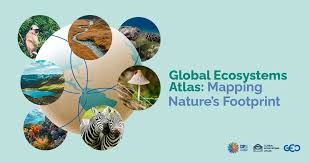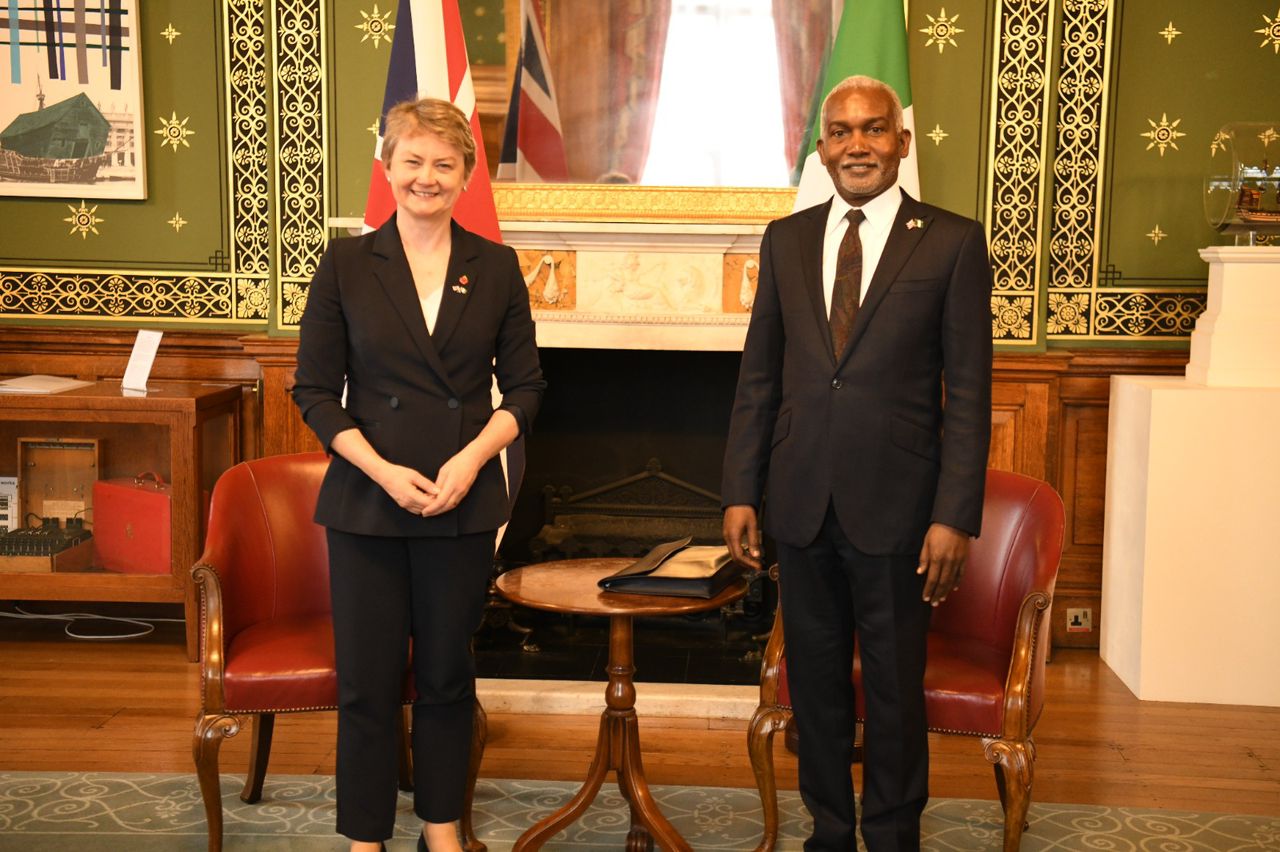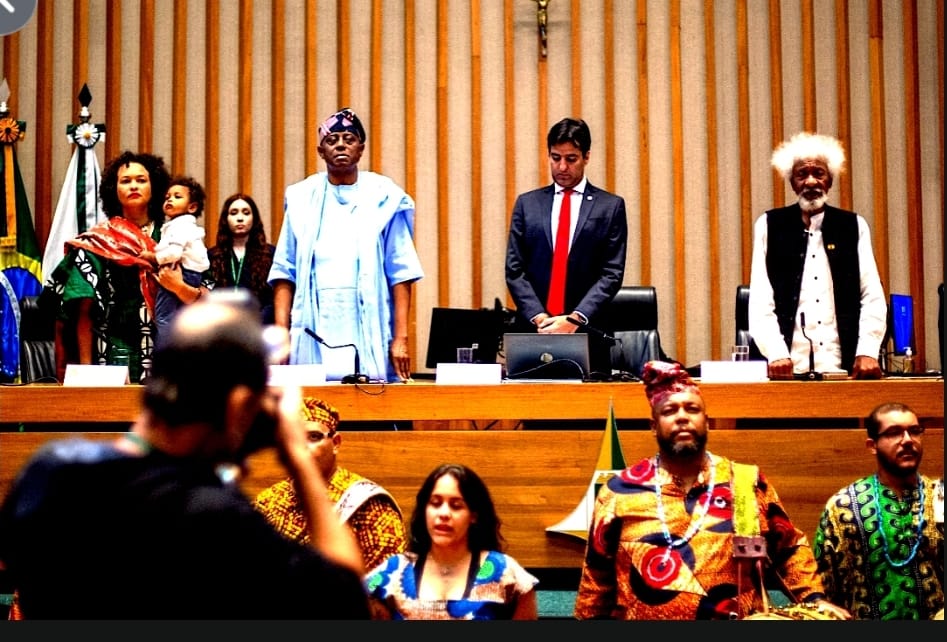COP16: Global Ecosystems Atlas unveiled to transform ecosystems stewardship

The Group on Earth Observations (GEO) announced the launch of the proof-of-concept of the Global Ecosystems Atlas, the first harmonised resource dedicated to mapping and monitoring all the world’s ecosystems.
Unveiled at the 2024 United Nations Biodiversity Conference (COP16), the Global Ecosystems Atlas will serve as an essential tool to support the protection, restoration and sustainable management of ecosystems critical to addressing global environmental crises. Policymakers, financial institutions, private companies and even local communities will use the Atlas to make informed decisions, support sustainability and manage risks. “Ecosystems are our planet’s life support yet understanding them has been hindered not only by a lack of data but by the complexity of the stakeholder landscape, with many believing agreement on a common tool was impossible.
At GEO, we embraced this challenge, moving forward step by step, engaging the right stakeholders, and building the critical mass needed to make it happen. The launch of the Global Ecosystems Atlas proof-of-concept is a testament to perseverance and collaboration, showing that when we come together with intention and purpose, we can overcome obstacles and work towards a transformative change,” said Yana Gevorgyan, Director of the GEO Secretariat.
In the face of escalating environmental crises, this innovative tool will help bridge the ecosystem knowledge gap.
“The escalating triple crisis of climate change, biodiversity loss, and land degradation require immediate and effective action. To ensure that the right action is taken, in the right location requires better data on the extent and condition of
ecosystems. Monitoring ecosystems will be instrumental in implementing the Kunming-Montreal Global Biodiversity Framework. The Global Ecosystems Atlas is the first intergovernmental effort to develop a collation of the best ecosystem data from countries and it will serve as a critical tool by providing high-quality, reliable data on ecosystems around the world,” said Astrid Schomaker, Executive Secretary of the Secretariat of the Convention on Biological Diversity.
The Global Ecosystems Atlas will be a game-changer in how we understand, monitor, protect and manage ecosystems. Adoption of the Global Ecosystems Atlas begins with the launch of the proof-of-concept.
“The world faces unprecedented environmental challenges, many of which are a direct result of humankind’s own activities. We, the people, must own the problem, and must deliver solutions. The Global Ecosystems Atlas represents a significant step forward towards informed and responsible action to protect the ecosystems that are vital to the planet’s future. We urge all stakeholders to join us in realising the full potential of the Global Ecosystems Atlas by contributing, utilising and spreading awareness to foster a sustainable future for generations to come,” said Gevorgyan.












